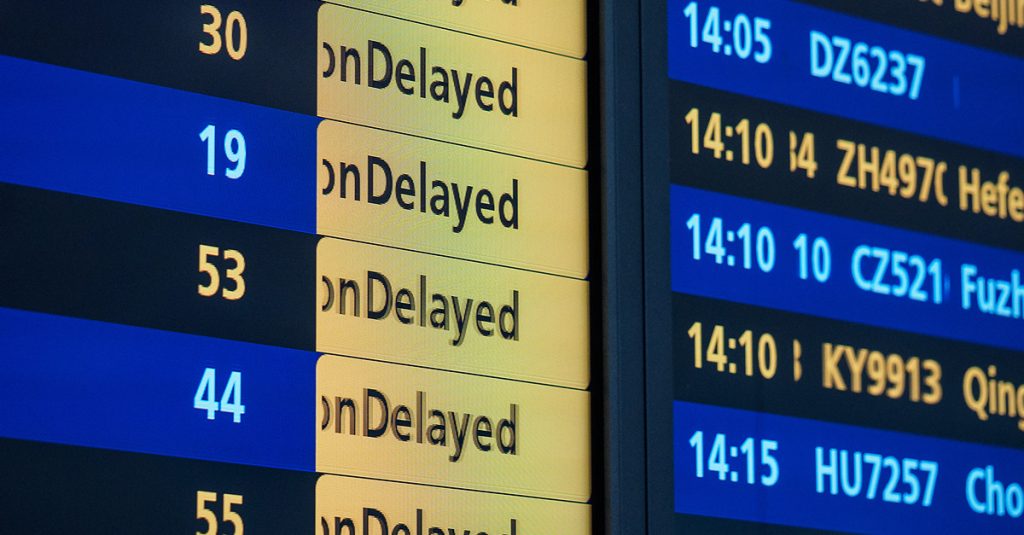Air traffic delays throughout Europe are intensifying as Eurocontrol reports alarming capacity shortfalls. The growing issue, largely attributed to cost-saving strategies, demands a significant overhaul of the current air traffic management system.
Eurocontrol’s recent analysis reveals a surge in delays, complicated further by external challenges such as adverse weather and geopolitical tensions, notably the ongoing conflict in Ukraine. The constraints on capacity are evident, necessitating immediate action to avert prolonged disruptions.
The latest report by Eurocontrol has highlighted a substantial rise in air traffic management delays across Europe. These delays, which surged last year, are predominantly rooted in a combination of adverse weather conditions and a significant shortage of qualified air traffic controllers. This shortage remains a persistent challenge, exacerbated by cost-cutting measures focused on maintaining low operational expenses.
With the existing plans falling short, there is a pressing need for a strategic overhaul to address these deficiencies. Eurocontrol warns that without transformative changes, the delays will not only persist but are expected to worsen in the coming years.
To address these challenges, Eurocontrol calls for a rethink of operational strategies to ensure adequate staffing and improved management systems. The organisation underscores the need for profound transformation, beyond mere evolutionary adjustments, to meet increasing demand.
These disruptions have necessitated diversions, not just increasing flight times, but also impacting fuel usage and emissions. The operational and economic repercussions are also felt by neighbouring states, underscoring the far-reaching impact of the conflict.
Implementing a unified system would improve coordination, reduce delays, and enhance operational efficiency. Eurocontrol stresses that achieving this cohesive system requires a concerted effort from all member states.
This initiative, if implemented, could lead to notable savings in fuel costs and reductions in CO2 emissions. Eurocontrol’s proposal emphasises the environmental and economic benefits of such optimisation.
Eurocontrol’s report firmly underlines the necessity for transformational changes in the air traffic management system. The organisation asserts that only through substantial reform can the persistent issues in air traffic control be effectively addressed.
To mitigate the ongoing delays, a thorough transformation of Europe’s air traffic management is indispensable. Eurocontrol’s call for strategic change seeks to address the systemic issues that fuel these inefficiencies.
Ultimately, a collaborative effort among European nations, focusing on both cost and service quality, is essential to bring about meaningful improvements in air traffic control.

